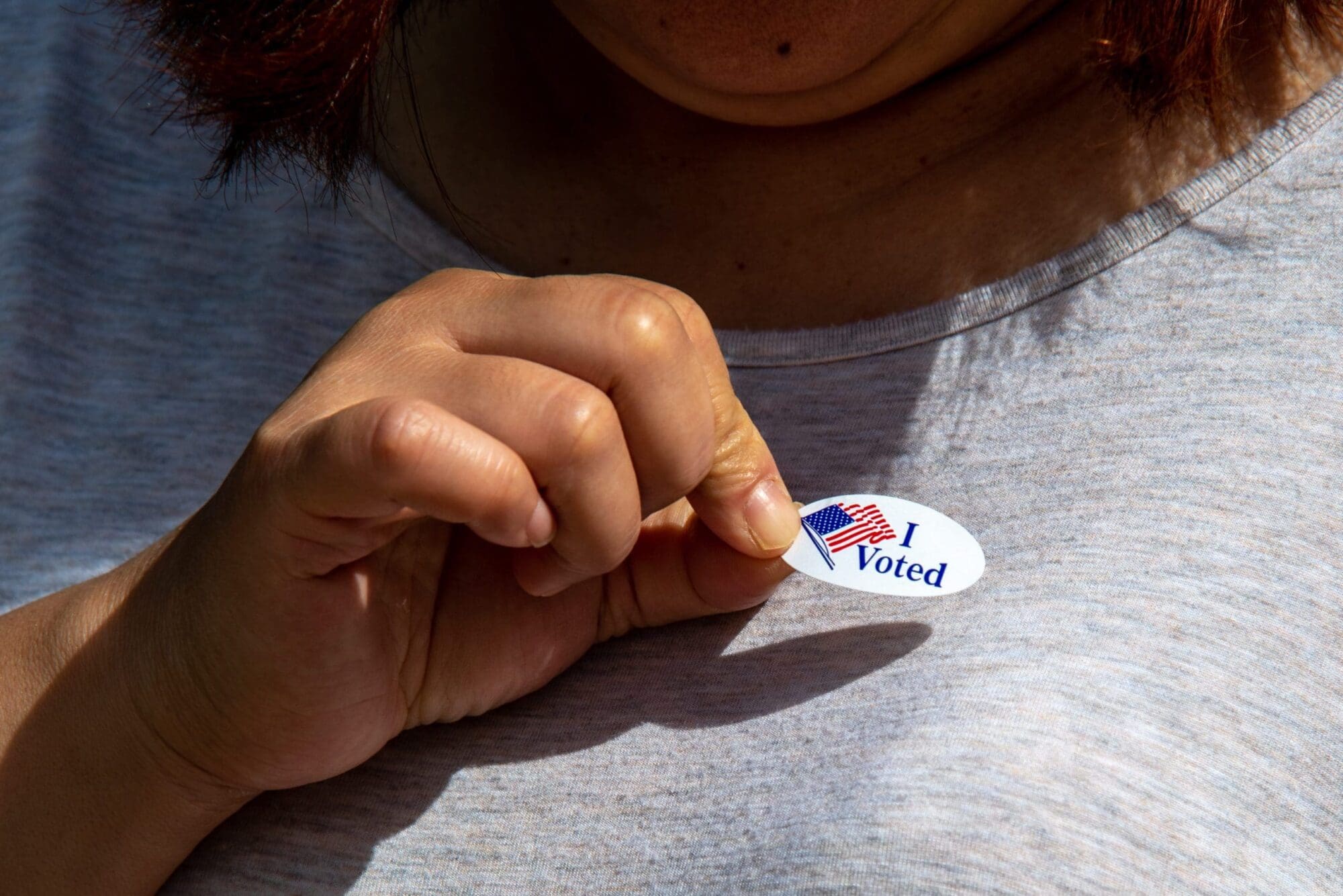Republican lawmakers have filed legislation to stop Texas election officials from sending voters unsolicited mail-ballot applications after a Democrat official in the state’s most populous county tried to send ballot applications to every registered voter—eligible or not—ahead of the November presidential election.
State Sen. Paul Bettencourt (R–Houston) said he filed Senate Bill 208 in response to then-Harris County Clerk Chris Hollins’ attempt to send mail-ballot applications to all of the county’s 2.4 million registered voters, most of whom were not eligible to vote by mail.
Under Texas law, voters who are 65 years of age or older, disabled, in jail, or out of the county during the voting period are eligible to vote using a mail-in ballot.
“This bill is about making sure all votes in Texas are counted legally,” Bettencourt said in a press statement on Wednesday.
SB 208 is co-authored by State Sens. Brian Birdwell (R–Granbury), Brandon Creighton (R–Conroe), Bob Hall (R–Edgewood), and Kel Seliger (R–Lubbock).
State Rep. Valoree Swanson (R–Houston) filed a companion, House Bill 25.
The bills state that, unless otherwise authorized by Texas Election Code, “an officer or employee of this state or of a political subdivision of this state may not distribute an official application form for an early voting ballot to a person.”
That means voters must initiate requests to receive mail-in ballot applications from election officials. The legislation would not prevent third parties such as political campaigns from sending applications to voters.
Bettencourt said officials sending ballot applications to ineligible voters would have caused confusion and wasn’t necessary; the county had record-setting turnout “without wasting taxpayer money by doing shotgun mailings to everyone on the voter roll.”
Earlier this year, Texas Democrats failed to convince courts that fear of contracting the Chinese coronavirus while voting in person constituted a “disability” that should allow everyone to vote by mail.
Yet Hollins, a Texas Democrat Party official appointed as interim head of Harris County elections, decided to move forward with a scheme to mass-mail ballot applications to every registered voter in the county.
In August, the Texas Secretary of State’s Elections Director Keith Ingram advised Hollins to halt the planned mailing, which Ingram said was “contrary to our office’s guidance on this issue and an abuse of voters’ rights under Texas Election Code.”
The Texas Supreme Court shut down Hollins’ scheme in October, saying it would undercut the state’s ability to “maintain uniformity” in Texas elections.
“We must do all we can to ensure election integrity and uniformity among all counties during the voting process,” Bettencourt said.
Election integrity is expected to be a top priority for Texas lawmakers next year, along with the must-pass budget and redistricting plans.
Earlier this year, grassroots activists in the Republican Party of Texas chose election integrity as their top legislative priority for the 2021 session, and voters’ experiences during the presidential election have only increased interest in passing laws to make Texas elections more transparent and secure.
More than a dozen voting-related bills have already been submitted since lawmakers began pre-filing bills on November 9. The 87th Legislative Session begins on January 12, and the last day to file bills is March 12.
Texans can contact their state representatives to weigh in on election integrity and other issues they want addressed during the session.





